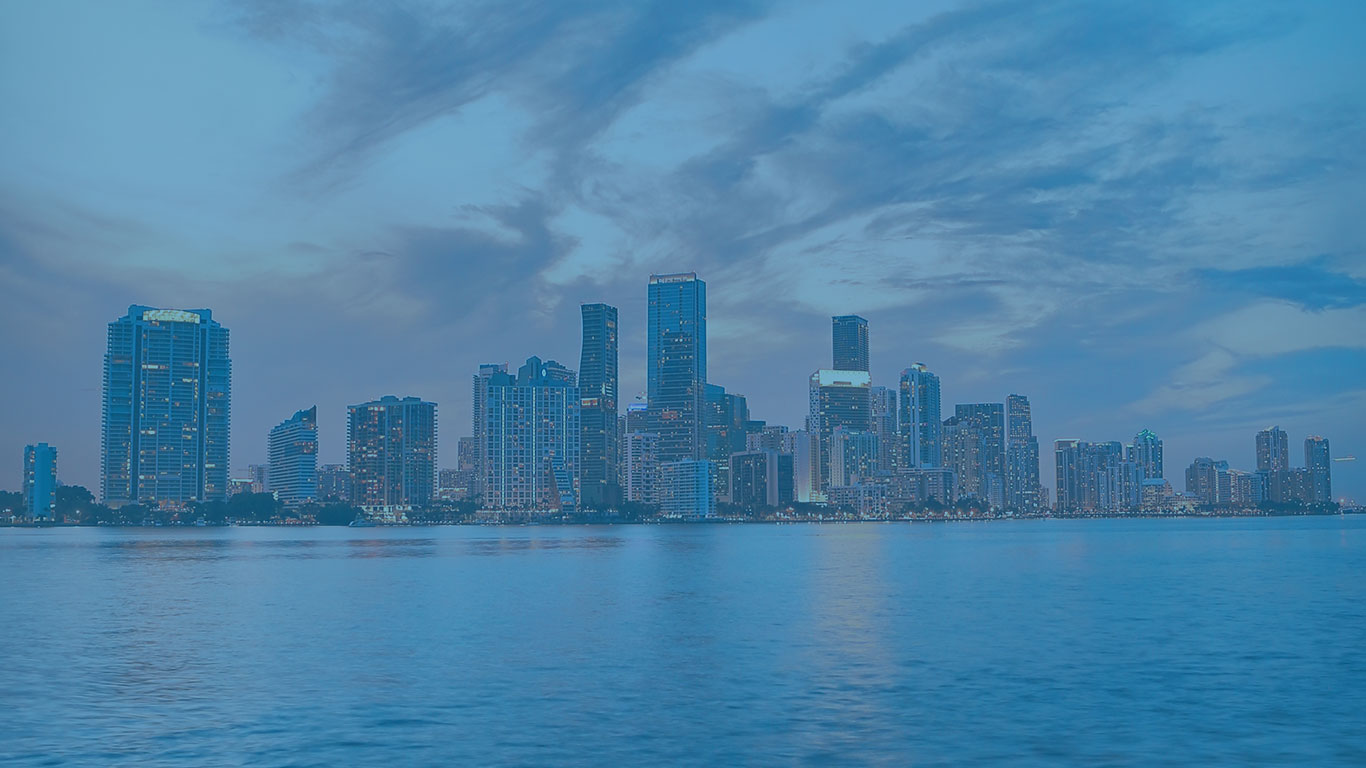

As the nation's opioid epidemic continues, addiction to prescription drugs like Vicodin is all too common. Understanding the causes, signs, and nature of Vicodin addiction can help you recognize the condition and seek treatment as soon as possible. With the right support, recovery is possible for anyone.
Vicodin is a prescription opioid drug that doctors use to treat moderate to severe pain. It contains the active ingredients hydrocodone and acetaminophen (also known as paracetamol). Hydrocodone is a semi-synthetic opioid with addictive potential.
The Drug Enforcement Administration classifies Vicodin as a schedule II controlled substance with a high potential for addiction and abuse.
Hydrocodone works by binding to and activating opioid receptors in the brain, spinal cord, and other parts of the body. Our opioid system is involved in many important functions, including the regulation of pain, pleasure, and reward. When hydrocodone attaches to these receptors, it blocks pain signals sent between the body and brain. It can also cause intense feelings of euphoria, producing the "high" associated with opioid abuse.
On the other hand, Acetaminophen blocks pain by preventing the synthesis of a natural substance called prostaglandin that causes inflammation in the body. It can also reduce fevers by acting on the temperature-regulating area of the brain.
When you take hydrocodone, it interacts with the reward systems in our brain - including the dopaminergic and opioid reward systems.
These reward systems are a natural part of how the brain works, reinforcing life-preserving behaviors like eating and having sex. When we engage in these activities, our brain releases small amounts of chemical messengers - including dopamine and endorphins (natural opioids) - which send a signal to our brain to repeat the activity.
Taking hydrocodone floods the brain with these hormones, altering neuronal connectivity in the brain. Repeated use causes strong urges the take the substance again which can be very difficult to resist. These changes can be long-lasting or even permanent; however, addiction treatment can go some way to reversing them.
Vicodin abuse is when you take Vicodin recreationally or in a way other than what your doctor prescribes. While it is possible to become addicted to Vicodin when following a prescription, abusing the substance makes it far more likely.
Abusing Vicodin can have serious short-term and long-term consequences for your mental and physical health. Some of the possible effects include:
Vicodin overdose happens when you take more Vicodin than your body can process, and may involve both hydrocodone overdose and acetaminophen overdose.
During a hydrocodone overdose, your respiratory system slows to dangerously low, and sometimes fatal, levels. Symptoms of hydrocodone overdose include:
If you think someone may be experiencing a hydrocodone overdose, seek immediate medical attention. The medicine Naltrexone can reverse opioid overdose effects and save the individual's life. Some members of the public may also carry Naltrexone as a nasal spray.
You can also overdose on the acetaminophen present in Vicodin. Symptoms of an acetaminophen overdose include:
If you notice any of these symptoms in yourself or a loved one, you should see seek immediate medical care.
If you are worried that you or a loved one may have developed Vicodin addiction, there are some signs and symptoms to look out for. These may include physical, psychological, and behavioral symptoms.
The Diagnostic and Statistical Manual of Mental Disorders (DSM-5) lays out 11 symptoms that characterize a substance use disorder. These include:
If you recognize any of these Vicodin abuse signs and symptoms, you are not alone. There is plenty of help and support available to help people recover from addiction and lead fulfilling lives. Addiction treatment centers and other medical professionals can offer advice and guidance on how best to continue.
Vicodin, and its generic version, is the most widely prescribed painkiller in the United States. The majority of people who abuse Vicodin discover the drug via prescription, rather than experimentation. Most people abusing Vicodin obtain the drug from their own or someone else's prescription.
Addiction and abuse of opioid prescription drugs is a serious national health crisis in the United States. Between 1995 and 2020, more than 263,000 people died from an overdose involving prescription opioids. Some people abusing prescription opioids move on to other forms of illicit opioids, including heroin. Currently, 136 people die each day from some type of opioid drug.
To combat the so-called opioid epidemic, federal and state governments have launched several programs to help prevent prescription opioid abuse and offer treatment to those who need it. While overdose deaths remain high, there have been improvements in some areas, including significant reductions in opioid prescribing rates.
Every individual is different, and there is no one cause for addiction. However, several risk factors make developing an addiction more likely. These include:
Vicodin addiction can be tough, but there is a way out. Decades of extensive scientific research into the nature of addiction have uncovered a variety of treatment methods proven to help individuals overcome substance abuse and lead sober, fulfilling lives.
Every person is different and has their own story of Vicodin abuse, and no one treatment works for everyone. Effective addiction treatment programs typically offer a combination of different treatment approaches, tailored to each client's unique needs.
Treatment programs may be inpatient, where you stay at the treatment center for the duration of the program, or outpatient, involving regular visits to a center while continuing to live at home. Many treatment plans combine evidence-based methods with mind-body healing practices to offer a holistic recovery experience.
Some treatment options for Vicodin abuse include:
Recovery from addiction takes long-term commitment, and early recovery can be full of challenges. Most treatment programs offer comprehensive after-care to support you upon completion. This may involve connecting you to local support groups, providing recovery coaching, and involvement in alumni networks and events.
Vita Recovery is a top-tier, inclusive rehabilitation center located in downtown Miami. We offer an innovative and modern approach to drug and alcohol abuse based on empirically derived treatment methods from the forefront of addiction science. Our personalized services are customized to each client to precisely match their medical, psychological, emotional, and social needs.
Our modern treatment center offers privacy and luxury within an open and welcoming environment. We offer partial hospitalization programs (PHP) and intensive outpatient programs to help clients transition back to daily life. Whatever support you need, we'll be by your side every step of the way.
If you or someone you know is struggling with addiction or substance abuse, contact us today. We'll go above and beyond to support you to reach your recovery goals. Call our facility or contact us online to begin your journey.
